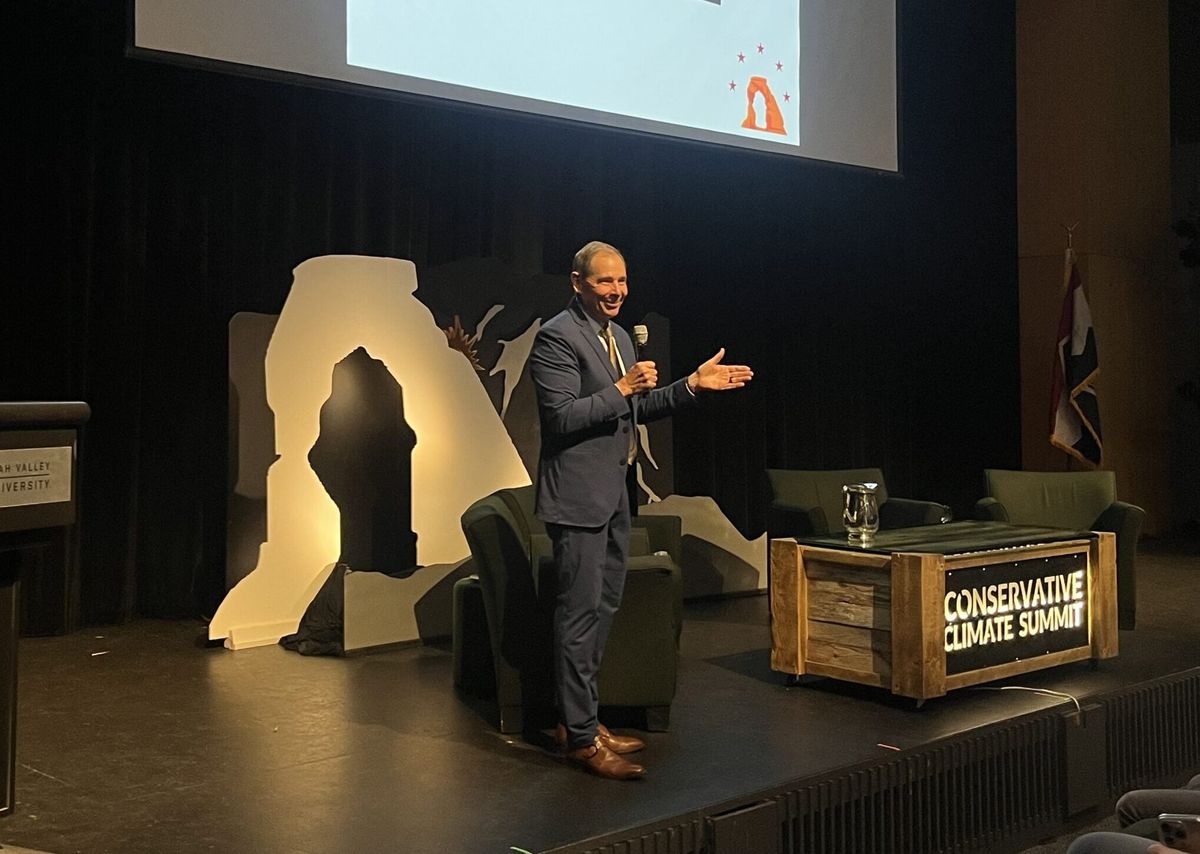Almaty (Kazakhstan) (AFP) – Kazakhs looked Sunday to have voted in favour of building the first nuclear power plant in the Central Asian country, the world's largest producer of uranium but lacking electricity, in a referendum.
Issued on: 06/10/2024 -

According to two polls broadcast on state television after the polls closed, the "yes" vote had secured a win with around 70 percent of the votes.
The Electoral Commission, which put turnout at 63.87 percent, is expected to unveil final results on Monday.
China, France, Russia and South Korea are in the running to build the new power station, which is to be located on the shores of Lake Balkhash.
President Kassym-Jomart Tokayev, who was elected in 2019, says the plant would be "the biggest project in the history of independent Kazakhstan".
Tokayev indicated Sunday that he preferred an "international consortium made up of global companies equipped with cutting-edge technologies".
The "Yes" camp has dominated throughout the vote campaign in a country that still has authoritarian reflexes, despite an easing of pressure on civil society under Tokayev's rule.
The result had therefore been expected to go in favour of the project despite lingering resentment over massive radiation exposure as a result of Soviet-era nuclear tests.
Dissenting voices muted
To bolster turnout, the authorities cleared Kazakhs to vote even if they were not registered on the electoral lists. Buses were free in large cities on polling day to facilitate access to polling stations.
"The referendum itself is further proof of the enormous changes that have occurred in Kazakhstan over the past five years, a new clear manifestation of the concept of a listening state," Tokayev said before the vote.

Opponents of the construction, who fear an ecological catastrophe in the event of an accident at the plant, had difficulty making themselves heard. Dozens were arrested in the weeks preceding the referendum, according to local private media.
Rich in oil, rare metals and also producer of almost half of the world's uranium, Kazakhstan hopes to use nuclear power to offset a chronic energy deficit, particularly in the country's south where half of the roughly twenty million population lives.
The issue of nuclear power is sensitive given that between 1949 and 1989, the Soviet Union carried out around 450 nuclear tests there, exposing 1.5 million people to radiation.
The power station is due to be built near the semi-abandoned village of Ulken in the Kazakh steppes on the shores of Lake Balkhash, Central Asia's second-largest lake.
October 6, 2024
MOSCOW (AP) — Polls are open in Kazakhstan Sunday for a landmark referendum on building the country’s first nuclear power plant, confronting the country’s painful legacy as a testing ground for Soviet nuclear weapons.
The proposal is backed by the government and President Kassym-Jomart Tokayev, who hopes to boost the country’s energy security.
The plant, which is slated to be built close to Lake Balkhash in southeastern Kazakhstan, would take pressure off the coal-powered power stations on which the country heavily relies.
Although the use of renewable energy is growing, supporters believe Kazakhstan’s position as one of the world’s largest uranium producers makes nuclear energy a logical choice.
However, the use of nuclear materials remains a controversial and often sensitive topic in Kazakhstan, which was used as a testing ground for the Soviet Union’s nuclear program.
The weapon tests made large swaths of land in the northeastern Semei region uninhabitable, devastating the local environment and affecting the health of nearby residents. In total, 456 tests were carried out between 1949 and 1989 at the Semipalatinsk test site. It was officially closed in August 1991.
Critics have also drawn attention to the project’s high costs: The Kazakh government estimates that the nuclear power plant could cost up to $12 billion.
Questions on Russian involvement
There are also concerns that Russia’s state atomic agency, Rosatom, could be invited to take part in the plant’s construction at a time when an increasing number of Kazakhs wish to distance themselves from Moscow’s influence. Rosatom had previously been named by the government as one of four companies whose reactors could be used for the plant, as well as companies from China, South Korea and France.
Tokayev, who has maintained a delicate balancing act between Moscow and the West following sanctions against Russia, has tried to allay such fears by suggesting that the plant could be built by a multinational team.
“The government must analyze and negotiate,” he told reporters after casting his vote Sunday. “But my personal vision is that an international consortium of companies with the most advanced technology possible should work together in Kazakhstan.”
While the referendum is binding, it isn’t clear that the vote will be free and fair.
Some Kazakhs have sought to protest but have been impeded by authorities. Several anti-nuclear protesters were arrested across Kazakhstan Sunday, while other activists said that permission to hold anti-nuclear rallies on the day of the vote had been denied by officials in six Kazakh cities.
Radio Azattyq, the local service of U.S.-funded broadcaster Radio Free Europe/Radio Liberty, shared footage that appeared to show a voting station official in the Turkestan region dropping large numbers of papers into a ballot box.
The result of the referendum is due to be announced on Monday.



 The Great Salt Lake plummeted to its lowest recorded levels in 2022, but has recovered slightly © Frederic J. BROWN / AFP
The Great Salt Lake plummeted to its lowest recorded levels in 2022, but has recovered slightly © Frederic J. BROWN / AFP















